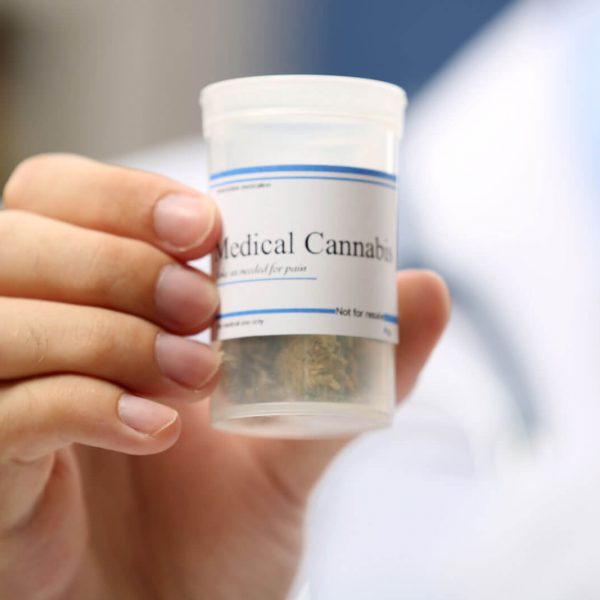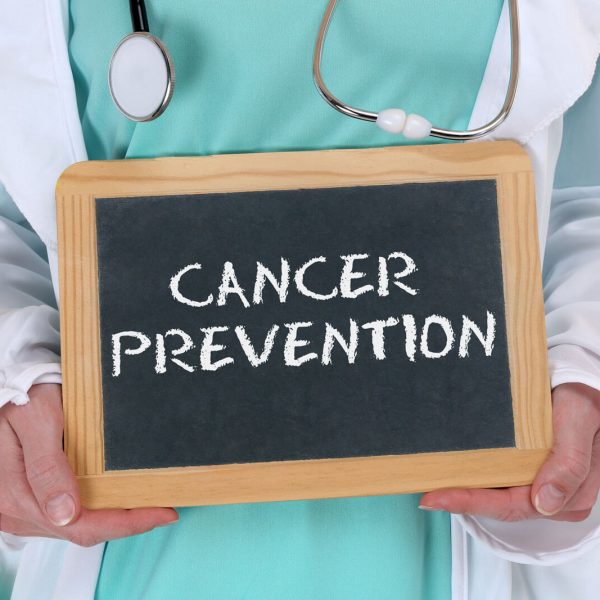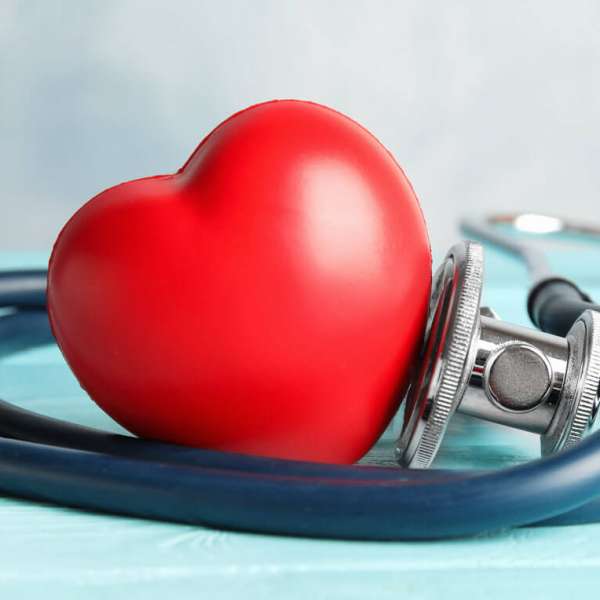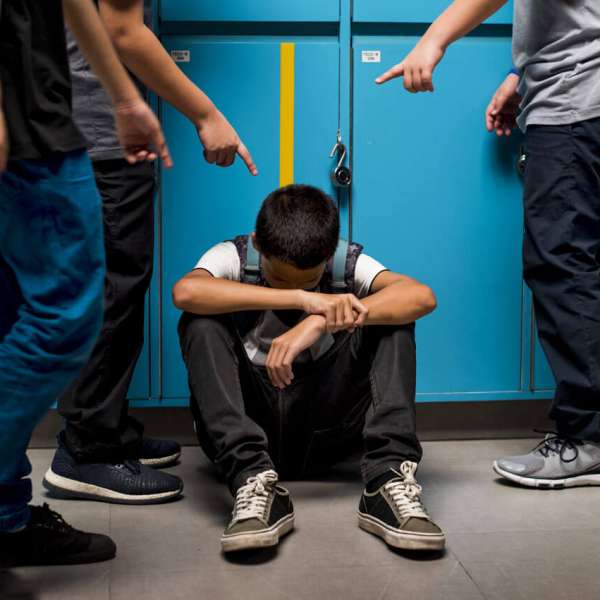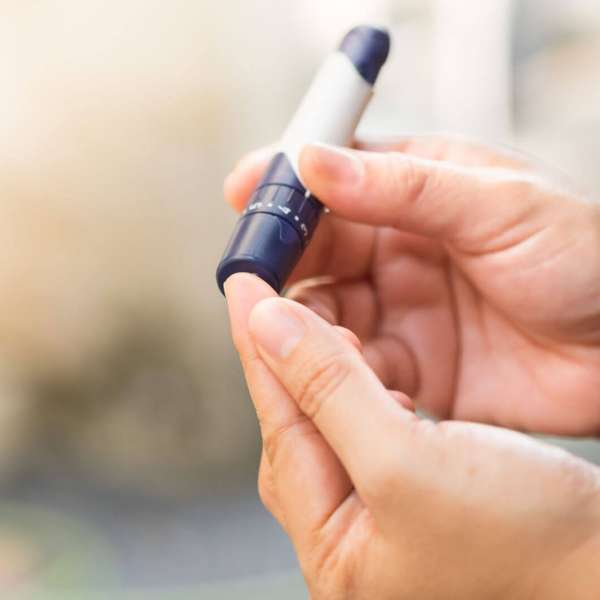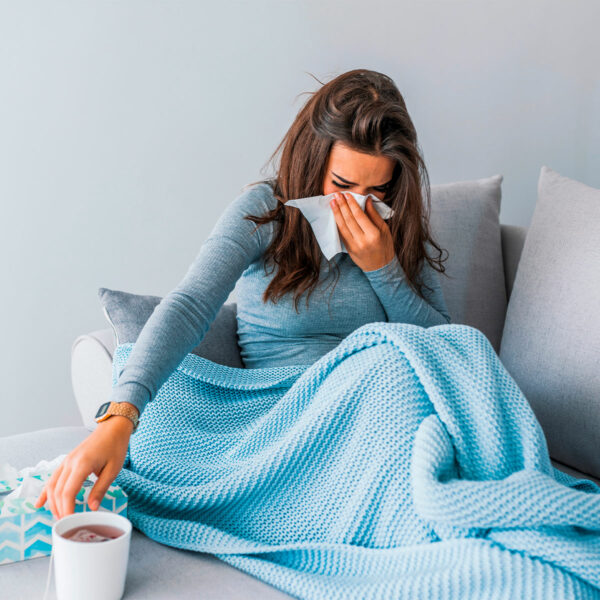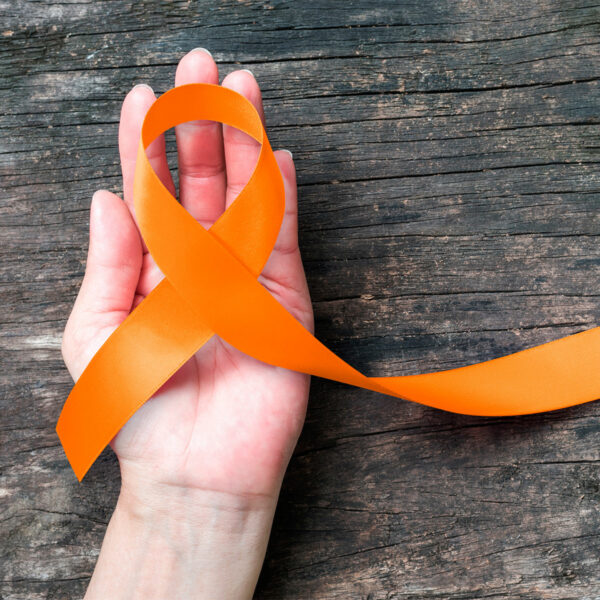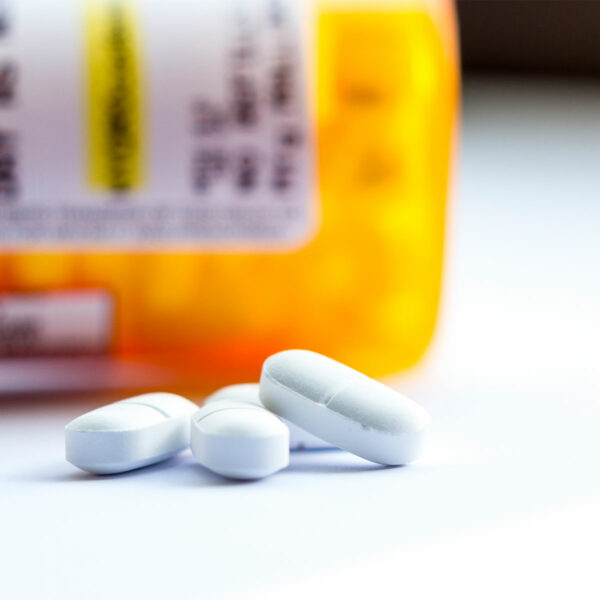Fecha de publicación: January 29, 2020
Since mid-December, international news has been following the development of a new virus, the novel coronavirus, detected in Wuhan, China and the extraordinary measures that country is taking to prevent it spreading out.
In the United States, at least six cases have already been identified in the cities of Chicago, Phoenix and Seattle, all related to travelers who visited Wuhan, and dozens of additional cases are investigated. Although these cities seem distant to us, modern transportation facilitates the spread of diseases and it is important to educate ourselves. We include frequently asked questions that can help us better understand the situation and take preventive measures.
Have there been cases identified in Puerto Rico?
No, no cases have been detected in Puerto Rico so far.
What is the novel coronavirus and what causes it?
It is a new form of coronavirus viruses in humans that were initially identified in the 1960s. Other known coronaviruses are the Middle East respiratory syndrome (MERS) and acute and severe respiratory syndrome (SARS). The new version causes:
- Fever
- Cough
- Difficulty breathing
- In severe cases, it can cause pneumonia in both lungs and even death
How is it transmitted?
According to the Centers for Disease Control and Prevention (CDC), it is transmitted from person to person through mouth and nose secretions when we cough or sneeze. However, the CDC does not rule out contagion by contact with surfaces or objects contaminated with the virus.
Are there vaccines or antiviral treatments for novel coronavirus?
No, there are currently no vaccines or antiviral medications to treat it.
What precautions should be followed?
- Avoid traveling to places near the outbreak. The CDC has issued a recommendation to avoid non-essential trips to the Hubei province in China, where the city of Wuhan is located.
- As a general rule, for the novel coronavirus and any other virus like influenza, it is recommended:
- Wash your hands frequently with soap and water. Use antibacterial gel.
- Avoid touching your nose, eyes and mouth
- Avoid contact with sick people
- Cover your mouth and nose when you cough or sneeze
- o Stay at home, in case of illness
What to do if you traveled to China in the past 14 days and feel sick?
If you recently traveled to China and have a fever, cough, or difficulty breathing, it is important that you contact your doctor by phone and inform him of your symptoms and the details of your trip. They will give you instructions on how to get medical attention without exposing others to your illness. While you are sick, avoid contact with people, stay home, and delay any trip to reduce the possibility of spreading the disease.
References:
https://www.cdc.gov/coronavirus/2019-ncov/downloads/2019-ncov-factsheet.pdf
https://wwwnc.cdc.gov/travel/destinations/traveler/none/china#travel-notices


